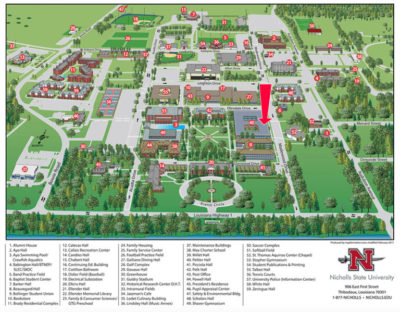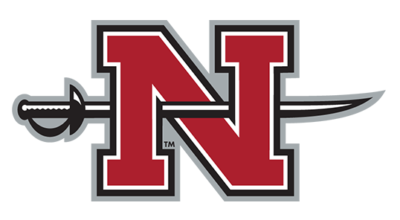ADA Policy for Service Animals
Nicholls State University complies with the Americans with Disabilities Act (ADA) and Section 504 of the Rehabilitation Act of 1973 (Section 504). Among other things, the ADA and Section 504 require the University to make reasonable modifications to its policies, practices, or procedures to permit the use of a Service Animal by a student, faculty, staff, or visitors with a disability.
Definition of Service Animal
The ADA defines a Service Animal as “any dog that is individually trained to do work or perform tasks for the benefit of an individual with a disability, including a physical, sensory, psychiatric, intellectual, or other mental disability.” Importantly, other species of animals, whether wild or domestic, trained or untrained, are not Service Animals for the purposes of the ADA. However, under certain conditions, Nicholls will make reasonable modifications for a miniature horse that has been individually trained to do work or perform tasks for the benefit of the individual with a disability.
When assessing whether a dog is a Service Animal individually trained to do work or perform tasks for the benefit of an individual with a disability, the dog must be trained to do work or perform tasks that are directly related to the individual’s disability. Examples of work or tasks include, but are not limited to, the following:
- assisting individuals who are blind or have low vision with navigation and other tasks;
- alerting individuals who are deaf or hard of hearing to the presence of people or sounds;
- providing non-violent protection or rescue work;
- pulling a wheelchair;
- assisting an individual during a seizure;
- alerting individuals to the presence of allergens;
- retrieving items such as medicine or the telephone;
- providing physical support and assistance with balance and stability to individuals with mobility disabilities; and
- assisting persons with psychiatric and neurological disabilities by preventing or interrupting impulsive or destructive behaviors. The crime deterrent effects of a dog’s presence and the provision of emotional support, well-being, comfort, or companionship do not constitute work or tasks for purposes of determining if a dog is a Service Animal under this policy.

